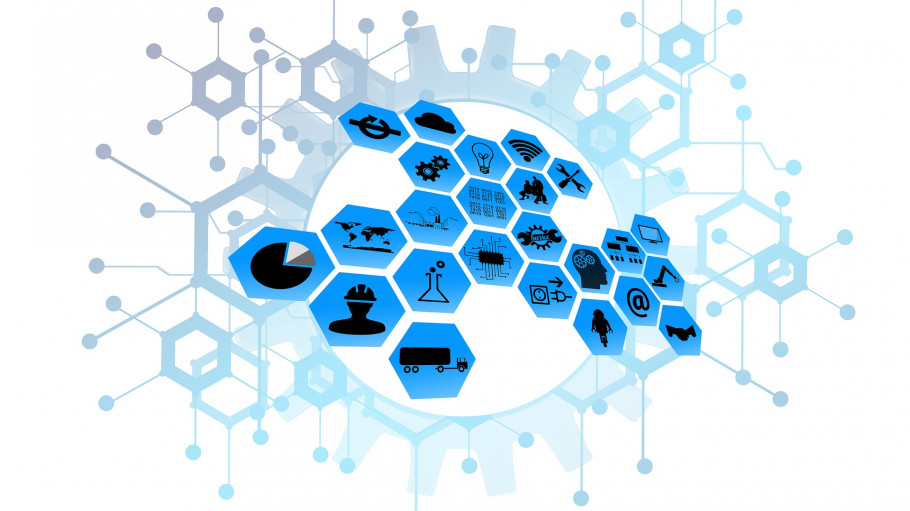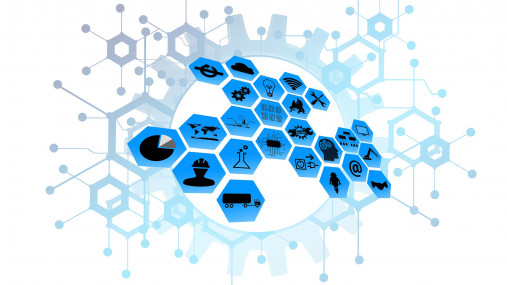
Publications » Position papers » Energy-intensive industries should be at the heart of the Green Deal Industrial Plan
Energy-intensive industries should be at the heart of the Green Deal Industrial Plan
Downloads and links
Recent updates

01 February 2023 - Energy-intensive industries (EIIs) provide direct employment to around 2.6 million people and represent the foundations of critical and strategic value chains for the EU economy and society. We welcome the renewed attention to the competitiveness of the EU industry vis à vis its international competitors as a key enabler of the energy transition and essential to create long-term and sustainable growth for the EU economy and EU citizens.
In particular it should be acknowledged that:
• EIIs are central to providing products, material and affordable energy to strategic renewable and low-carbon value chains. To preserve their competitiveness is therefore essential to: reduce dependencies on imported products, boost a sustainable long-term growth of the EU economy as well as to contribute to the reduction of emissions globally.
• To achieve these objectives it is essential to develop a comprehensive and coherent financial framework based on support for strategic value chains and with a strong focus on EIIs, as these are enablers of the transition to a circular and climate-neutral European economy.
• The Green Deal Industrial Plan should take the example of the IRA. It shows that it is possible to have a proactive industrial policy providing support to long-term investments based on the technologically neutral principle and on a full value chain approach.
• It is fundamental that the EU re-assesses its industrial policy focusing on international competitiveness and develop a business-friendly legislative framework reducing the red-tape, attracting investments, ensuring policy coherence and legal certainty.
• A strong focus should be put on the decarbonisation of energy-intensive sectors, through a focus on a wide range of technologies (such as hydrogen, carbon capture, utilisation and storage, low-carbon products) and the development of the related infrastructure.
• European companies have been already suffering from soaring energy prices, which risk widening the imbalance in terms of competitiveness with the US and other competitors if high energy costs remain persistent. The strategy must contain measures to ensure access to affordable, renewable and low carbon energy for industry's decarbonisation.
• The financial and support legislative framework should be re-assessed and improved through the: simplification of the conditions to access to EU funds, especially for EIIs; creation of new supporting schemes based on the technologically neutral principle and the reduction of the administrative and compliance costs for the EU industries.
We remain ready to engage with the Commission, Parliament and Member States to achieve successful outcomes for European Energy Intensive Industries and our many stakeholders across European Society.

Brussels, 22 March 2024 – The future of a strong and resilient EU can only be forged with steel made in Europe. Europe-made low-carbon steel has a strategic role as it enables a net-zero economy, but today it faces strong headwinds from high energy prices, unfair competition, global overcapacity and growing unilateral carbon costs. The year 2023 has recorded the lowest European crude steel production levels ever, with a number of idled plants and dire impact on workers. Ensuring the enabling conditions for the short-term viability and the decarbonisation of the steel sector urgently needs to be at the top of the EU agenda. This is the message delivered by the European Steel Association together with a number of high-level representatives of the sector on the occasion of the Clean Transition Dialogue on Steel in the presence of the Executive Vice Presidents of the European Commission, Maroš Šefčovič and Margrethe Vestager.
Uses, limits, and realistic potentials of demand-side response from the European steel industry along with a broad set of framework recommendations for an EU policy
Antwerp, 20 February 2024 – Today 73 industry leaders spanning almost 20 industrial sectors presented ‘The Antwerp Declaration for a European Industrial Deal’ to Belgian Prime Minister, Alexander De Croo and Commission President, Ursula von der Leyen. The declaration underlines the commitment of industry to Europe and its transformation and outlines urgent industry needs to make Europe competitive, resilient, and sustainable in the face of dire economic conditions.